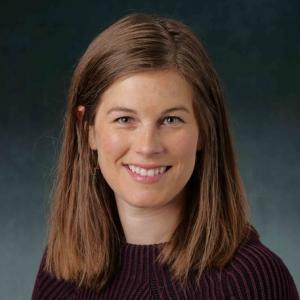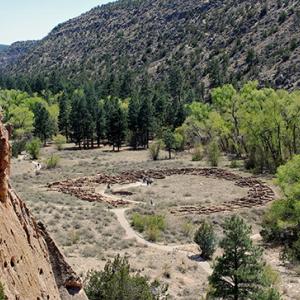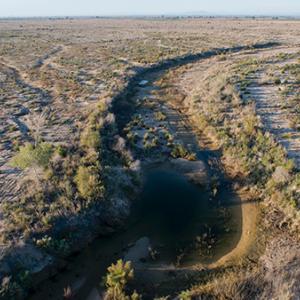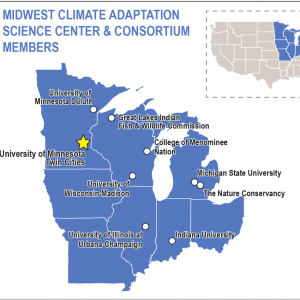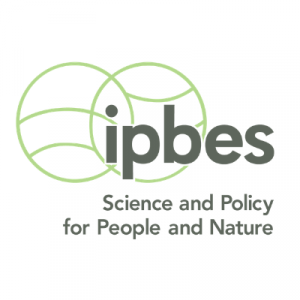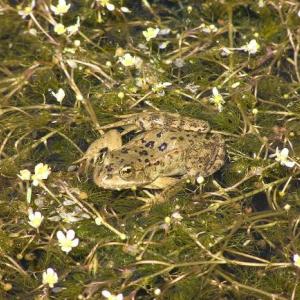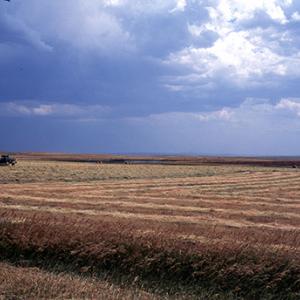News
NC CASC PI Shelley Crausbay to Present in NPS RAD Webinar on Bandelier NM TOMORROW!
An assumption of stationarity—i.e. “the idea that natural systems fluctuate within an unchanging envelope of variability”—underlies traditional conservation and natural resource management. This assumption is expressed in widespread reliance on ecological baselines to guide protection, restoration, and other management actions.
Welcome to the New Midwest CASC Host and Consortium!
The Midwest CASC is the ninth and final member to the CASC network. It will be hosted at the University of Minnesota Twin Cities that will lead a consortium of universities and natural resource organizations that are dedicated to advancing science in response to climate change in the Midwest.
James Rattling Leaf and Brian Miller to Participate in Rising Voices Workshop
NC CASC’s consultant to the Great Plains Tribal Water Alliance, James Rattling Leaf, and Research Ecologist, Brian Miller are scheduled to participate in the virtual 9th Annual Rising Voices Workshop from September 29th- October 1st.
New Project on Management Decisions for Amphibians Fully Open
A new NC CASC-funded project, led by PI Amanda Kissel, is now fully open. The project, “A Framework for Guiding Management Decisions for Amphibians in an Uncertain Future,” will determine which amphibians in the North Central region of the U.S. are at the greatest risk from the effects of climate change.
NC CASC-USGS team members publish new paper, "Engaging with stakeholders to produce actionable science: a framework and guidance"
NC CASC-USGS team members Aparna Bamzai-Dodson, Amanda Cravens, Alisa Wade, and Renee McPherson (SC CASC) have published a new paper, "Engaging with stakeholders to produce actionable science: a framework and guidance" in Weather, Climate, and Society.
James Rattling Leaf Helps Standing Rock Sioux Tribe Host Climate Change Summit, Several NC CASC Staff Presented
NC CASC’s consultant to the Great Plains Tribal Water Alliance, James Rattling Leaf, helped the Standing Rock Sioux Tribe organize and host a two-day Climate Change Summit on September 9-10th in Bismarck, North Dakota.




